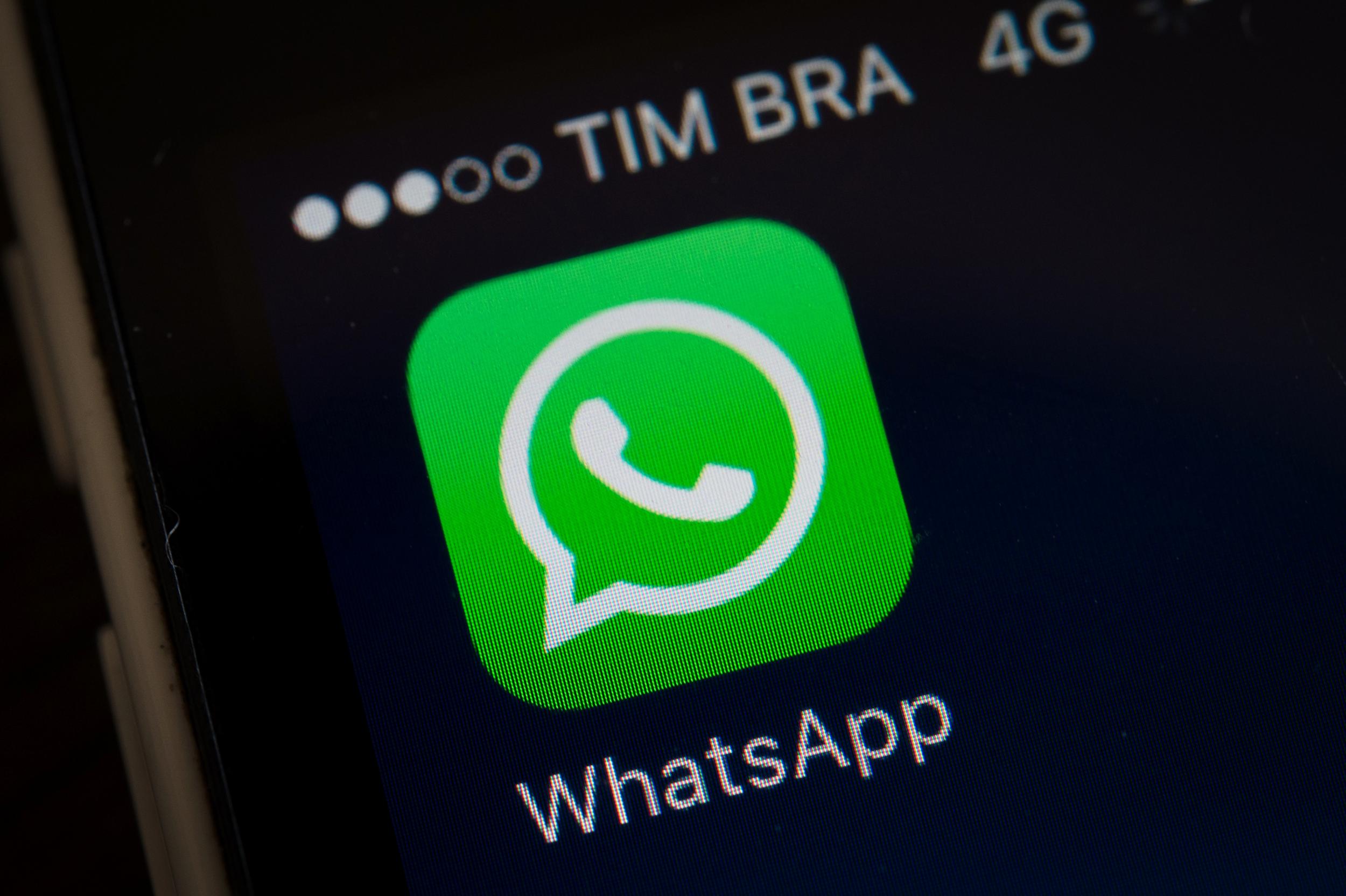Facebook vice president arrested in Brazil over refusal to hand over private WhatsApp data
Brazilian authorities alleged Diego Dzodan had repeatedly refused to hand over private WhatsApp user data

Your support helps us to tell the story
From reproductive rights to climate change to Big Tech, The Independent is on the ground when the story is developing. Whether it's investigating the financials of Elon Musk's pro-Trump PAC or producing our latest documentary, 'The A Word', which shines a light on the American women fighting for reproductive rights, we know how important it is to parse out the facts from the messaging.
At such a critical moment in US history, we need reporters on the ground. Your donation allows us to keep sending journalists to speak to both sides of the story.
The Independent is trusted by Americans across the entire political spectrum. And unlike many other quality news outlets, we choose not to lock Americans out of our reporting and analysis with paywalls. We believe quality journalism should be available to everyone, paid for by those who can afford it.
Your support makes all the difference.A Facebook vice president has been arrested in Brazil for his alleged refusal to hand over user data to the authorities.
Diego Dzodan, Facebook's boss in Latin America, was arrested on Tuesday for allegedly failing to comply with a court order demanding that he give the authorities user data from WhatsApp, the messaging service owned by Facebook.
The police claimed the private information was needed for an investigation into organised crime and drug trafficking.
According to the court which ordered his arrest, WhatsApp had denied three requests previous requests for information.
As The Guardian reports, the company was initially issued a fine of £9,000, to be paid every day they did not reveal the data. That fine was later upped to £180,000 a day, and later Dzodan's arrest was ordered.
Facebook called the arrest an “extreme and disproportionate".
It claimed that since WhatsApp operates independently from its parent company, Dzodan, as a Facebook employee, should not be held responsible.
It also said that because messages sent through WhatsApp are encrypted, the company doesn't even have access to the information the authorities are asking for.
Facebook and WhatsApp have faced challenges in Brazil before. Late last year, WhatsApp was shut down in the country for 48 hours, again over the company's alleged non-compliance with a court order.
Brazil was hailed as a model for net neutrality in 2014, after passing into law an 'Internet Bill of Rights' guaranteeing users online privacy and freedom of expression.
However, the country's congress has recently been making moves to crack down on internet freedom, discussing laws that would require citizens to provide their personal information to access certain websites.
Join our commenting forum
Join thought-provoking conversations, follow other Independent readers and see their replies
Comments